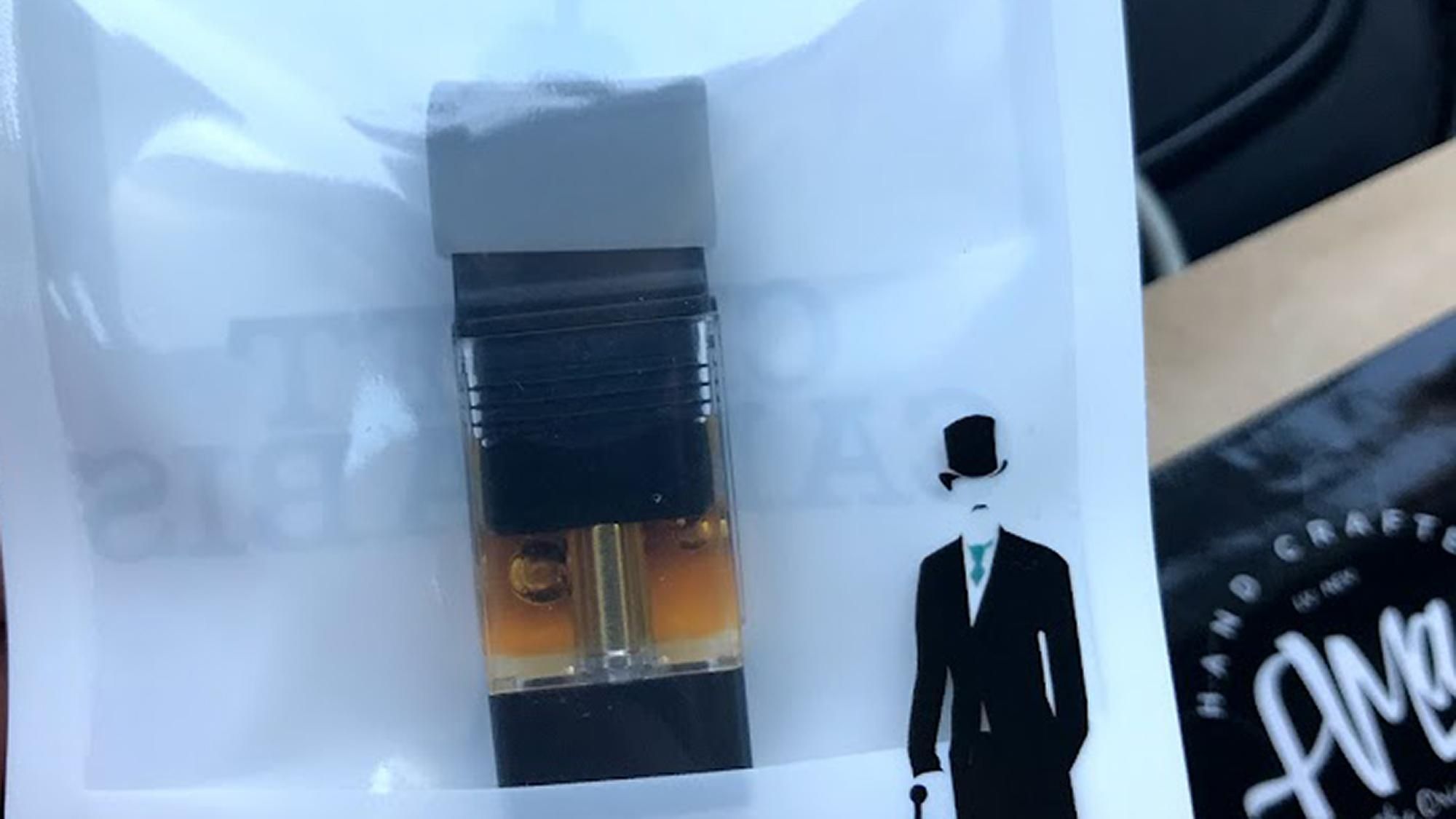As cannabis oil becomes more popular in both recreational and medical markets, one question keeps surfacing among consumers: can people really tell the difference between private label cannabis oils and name brand options? The answer isn’t always straightforward. While some differences are noticeable, many come down to branding, quality control, and consumer perception rather than the product itself.
Understanding Private Label vs. Name Brand Oils
Private label cannabis oils are manufactured by third-party producers and sold under a retailer’s own brand name. These products are typically designed to provide consumers with quality oils at a lower price point. Name brand cannabis oils, on the other hand, are developed and marketed by well-known companies that invest heavily in brand identity, packaging, and consumer loyalty.
According to Headset’s cannabis market reports, private label sales have been steadily growing in legal markets such as California and Nevada, as consumers become more comfortable purchasing non-branded products when the quality is consistent.
Do Consumers Notice a Difference?
When it comes to the oil itself—its potency, flavor, and effects—many consumers find little to no difference between private label and name brand options, provided both are tested and manufactured according to strict state standards. In fact, some private label oils come from the very same extraction facilities that produce oil for household cannabis brands.
Differences are most often perceived in three key areas:
- Packaging and Branding – Consumers may feel more confident purchasing from a recognizable brand with sleek, professional packaging. Private label products can sometimes appear more generic, even if the oil quality matches.
- Consistency and Testing – Larger name brands often emphasize lab testing transparency, with QR codes linking to third-party results. Consumers who are detail-oriented may trust these labels more readily. Private label products must also meet state testing regulations, but not all retailers market those results as clearly.
- Consumer Expectations – The psychology of branding plays a large role. Research in retail marketing shows that buyers often associate higher-priced, well-known brands with better quality, even if blind testing proves otherwise. This phenomenon also applies to cannabis oil.
How Can Consumers Tell?
For discerning consumers, there are practical ways to spot differences between private label and name brand oils:
- Check Lab Results: Credible oils, whether branded or private label, should have third-party testing that verifies cannabinoid potency, terpene content, and absence of contaminants.
- Review Packaging Information: Look for clearly labeled THC/CBD levels, extraction methods, and batch numbers. Transparency is usually a sign of quality.
- Ask Budtenders: In many dispensaries, staff know which private label oils come from reputable producers and can help guide choices.
- Compare Price-to-Potency Ratios: Private label options often deliver similar potency for less cost, making them attractive for value-focused buyers.
Final Thoughts
Consumers can tell the difference between private label and name brand cannabis oils—but not always in the way they expect. In blind taste or effect tests, many oils perform nearly identically. The main differences lie in packaging, perceived trust, and marketing strength rather than the oil’s inherent quality.
As cannabis markets mature, private label products are proving that high quality doesn’t always have to come with a flashy brand name. For savvy consumers, this opens up opportunities to access premium oil experiences at more affordable price points.

